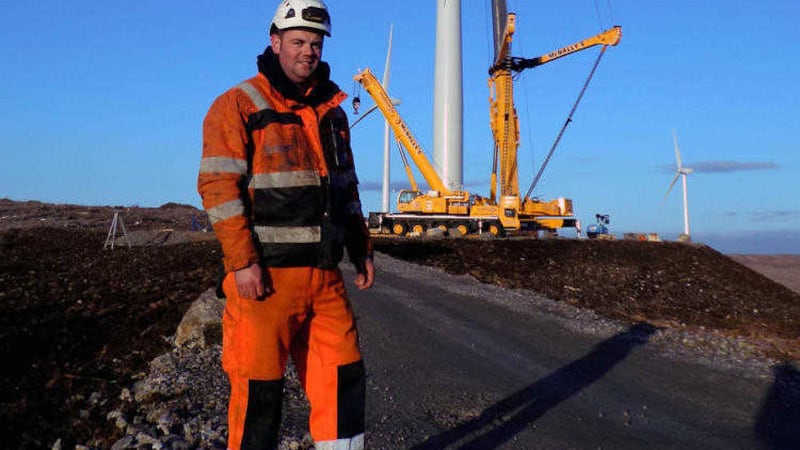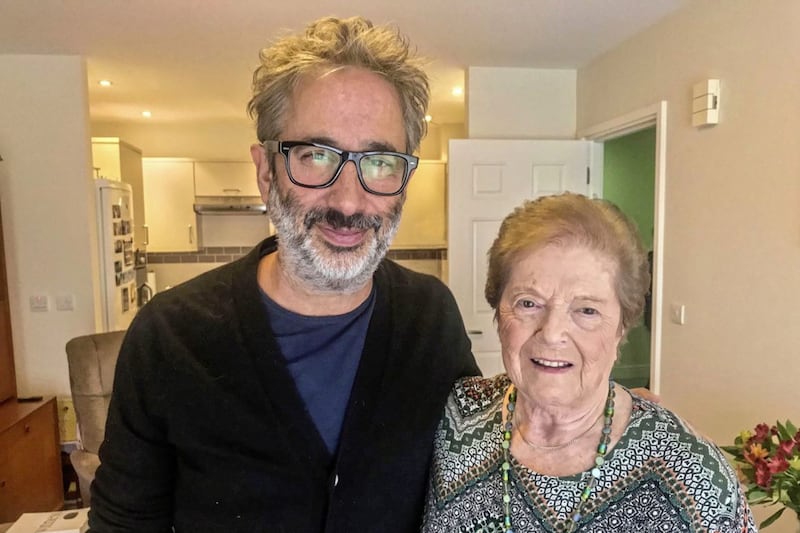Power To The People - Keeping The Lights On, BBC 4, Tuesday at 9pm
THE story of energy production is a classic example of modern complexity.
Human evolution has been so sophisticated that the lives we have created for ourselves are exceptionally complex and interdependent and therefore any decision to solve one problem has myriad other effects.
On the face of it, the idea of wind power is a brilliant one. It’s free, it’s carbon neutral, it’s non-pollutant - what’s not to like?
It’s the perfect antidote, it seems, to the dangerous rise in global temperatures caused in principle by the burning of fossil fuels.
But wind isn’t a panacea. It turns out that people don’t really like the turbines. They’re noisy and unsightly in windswept places of beauty.
Sure, we can put them way out to sea where humans don’t have to look at them but then the costs of building and maintaining them increase dramatically.
The world’s second largest offshore wind farm, 15 miles off the Suffolk coast, can only be accessed by boat 57 per cent of the time because it’s not safe to take to the sea on the other days.
Essential maintenance on these days involves a helicopter winching workmen down to a platform on the turbines 300 feet over the waves.
That kind of access doesn’t come cheaply and therefore the government has had to provide subsidies to the energy companies to encourage them into wind. That means wind power is very expensive for the consumer, because the government is of course spending your money.
Conversely there are penalties on the use of coal powered stations to discourage the burning of the dirty fossil fuel.
Keeping the Lights On spent a year filming at one of these coal-fired stations, Ferrybridge in Yorkshire.
The Ferrybridge plant, which was commissioned in the 1960s, was like something from the mists of time, or the original bridge of the Starship Enterprise.
Very little had been updated because the operator, SSE, was loath to invest money in modernisation when coal power is almost a thing of the past.
The problem is that one-third of the UK’s energy still comes from highly-efficient coal and unreliable wind only makes up about 10 per cent.
With public sentiment against nuclear and new sources of energy like fracking also meeting opposition, the UK is coming dangerously close to having no spare capacity.
Lots of us may have grown up at a time when occasionally the power went off, but it’s unthinkable now in a digital age.
This was a fascinating insight into this world and introduced me to a brilliant website which produces live data on the mix of energy keeping the lights on in the UK.
Check it out at http://www.gridwatch.templar.co.uk/
At midday on Friday it looked like this: Coal was contributing 21.6 per cent, nuclear 19.8 per cent, gas 34.2 per cent and wind 9.4 per cent. The rest was made of up hydro-electric, oil, biomass plants and interconnectors with France and Holland.
**
BBC Sport
So sport is at the top of the queue again with the BBC looking to get rid of £150 million of spending.
This time it’s suggested that snooker, darts and F1 motor racing will be banished from public service television.
Most major sports have already been abandoned by the BBC with live football, golf and cricket almost exclusively available on pay for television stations.
Licence fee payers are left with Wimbledon (for the moment), some Six Nations Rugby (for now), football highlights and the Olympics every four years.
Yeah, that’s £145.50 folks or a couple of weeks in jail









